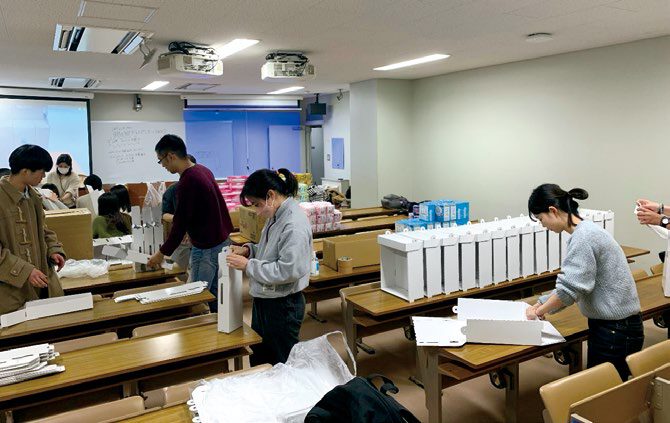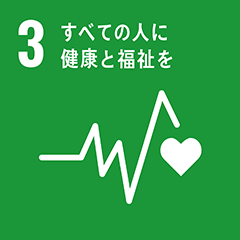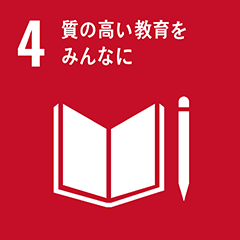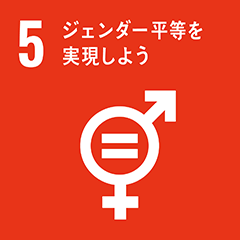Inochi Declaration
Health is one of our greatest assets—something to be nurtured in everyone, including those with illness or disability. When we nurture health, we create the conditions for all people to participate fully—in families, communities, work, and planetary care.
The University of Osaka’s UNESCO Chair in Global Health and Education (hereafter UO-UC) was launched in 2018 with one simple idea: that every child and young person deserves the chance to live a healthy and fulfilling life. In the years since, UO-UC has worked to understand and address the many challenges children and young people face— from infectious and chronic diseases to reproductive health, mental health, and social exclusion. These challenges are global, but solutions must begin locally—in schools, families, and communities.
Through research, collaboration, and education, UO-UC have built an approach that bridges public health, the social sciences, and design thinking. It centers not only on what people need, but also on what they already have—their strengths, networks, and creativity. At the heart of this work is the idea of nurturing people and relationships, nurturing supportive learning environments, and nurturing the capacities of communities to care for themselves and each other. Their work aligns closely with the Sustainable Development Goals (SDGs) – particularly SDG 3 (health), SDG 4 (education), and SDG 5 (gender equality). But as the world prepares to move beyond the SDGs, the following questions should be asked: what has been learned, and where do we go from here?

Students participating in the UO-UC educational program
From UO-UC’s perspective, three lessons stand out:
1.We need to build health systems that start with people’s strengths, not just problems.
The UO-UC’s focus on the “health asset” approach highlights the value of what communities already do to care for each other—through relationships, shared spaces, and local knowledge.
2.We need inclusive, participatory systems that reflect lived experience.
Health promotion must be done with people, not to them. UO-UC has used participatory methods with students, families, and teachers to ensure their voices shape programs that affect them.
3.We must understand health as interconnected—between individuals, societies, and the planet.
The UO-UC’s emerging work on “social design for health” draws on design thinking to co-create solutions that make healthy living not just possible, but natural—in the way cities are built, schools are run, and care is delivered.
UO-UC has brought together a network of collaborators across Asia and beyond. In school health, they have worked closely with the Japanese Consortium for Global School Health Research, convening experts from China, Cambodia, Indonesia, Laos, Nepal, South Korea, the Philippines, and more. They have supported teachers and education systems in delivering comprehensive sexuality education (CSE) including menstrual health education, hosting international symposia and producing research on how to train and support those doing this vital work—especially in settings with limited resources.
UO-UC has studied the mental health needs of adolescents during the COVID-19 pandemic, partnering with WHO Kobe, and collaborated with the University of Oxford on how citizens can shape the ethical use of AI in healthcare. UO-UC has launched a graduate program in Global Health and Education and is preparing new online courses on planetary health and social design for health, opening up these conversations to learners worldwide.
As the SDG era draws to a close, the next phase of global action must be rooted in nurturing—nurturing people, communities, and the planet that sustains us.
This means:
● Nurturing environments where children and young people feel safe, valued, and supported—not just to survive, but to thrive.
● Nurturing education systems that empower learners with the knowledge, skills, and confidence to care for their own health and contribute to the well-being of others.
● Nurturing partnerships across sectors and borders, grounded in trust and co-production, not one-size-fits-all solutions.
UO-UC will continue to:
● Work in co-production with stakeholders—including students, teachers, caregivers, and communities—to build healthy environments that reflect local realities and values.
● Strengthen health education by integrating the principles of social design for health, which uses creativity and collaboration to make healthy living easier, more intuitive, and more equitable.
● Build on a health assets approach, recognizing and amplifying the strengths people and communities already possess.
● Stay mindful of planetary health, ensuring that the choices we make today nurture both human and ecological well-being for generations to come.
This is not an easy path—but it is a necessary one. In collaboration with diverse organizations, the Inochi Forum is committed to walking it with others: educators, researchers, students, policymakers, industry and all those who believe that a healthier future must also be a more inclusive, more connected, and more caring one.
[References]
・UNECO Chair on Global Health and Education, The University of Osaka
https://ou-unescochair-ghe.org
・MeW Project, The University of Osaka
https://mew.hus.osaka-u.ac.jp/
・The University of Osaka Children with Complex Medical Care Needs Project
・AIDE Project, The University of Osaka
https://en.aide.osaka.jp/
[Action Platform]
Medical and Welfare
[SDGs]




